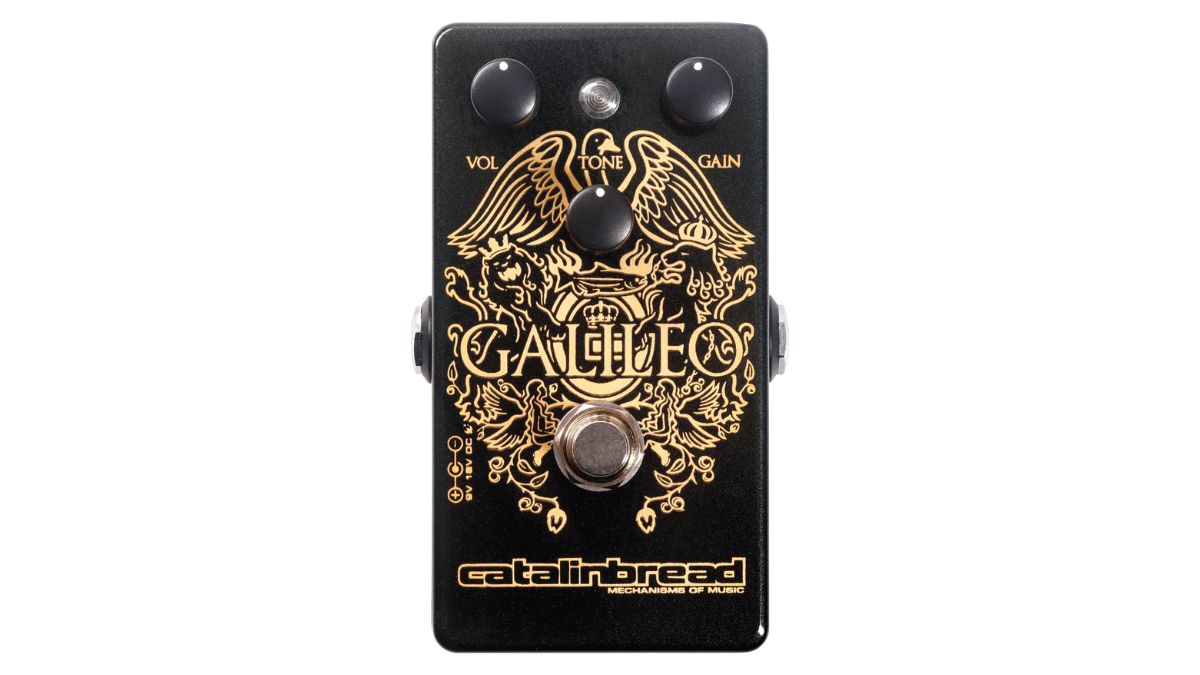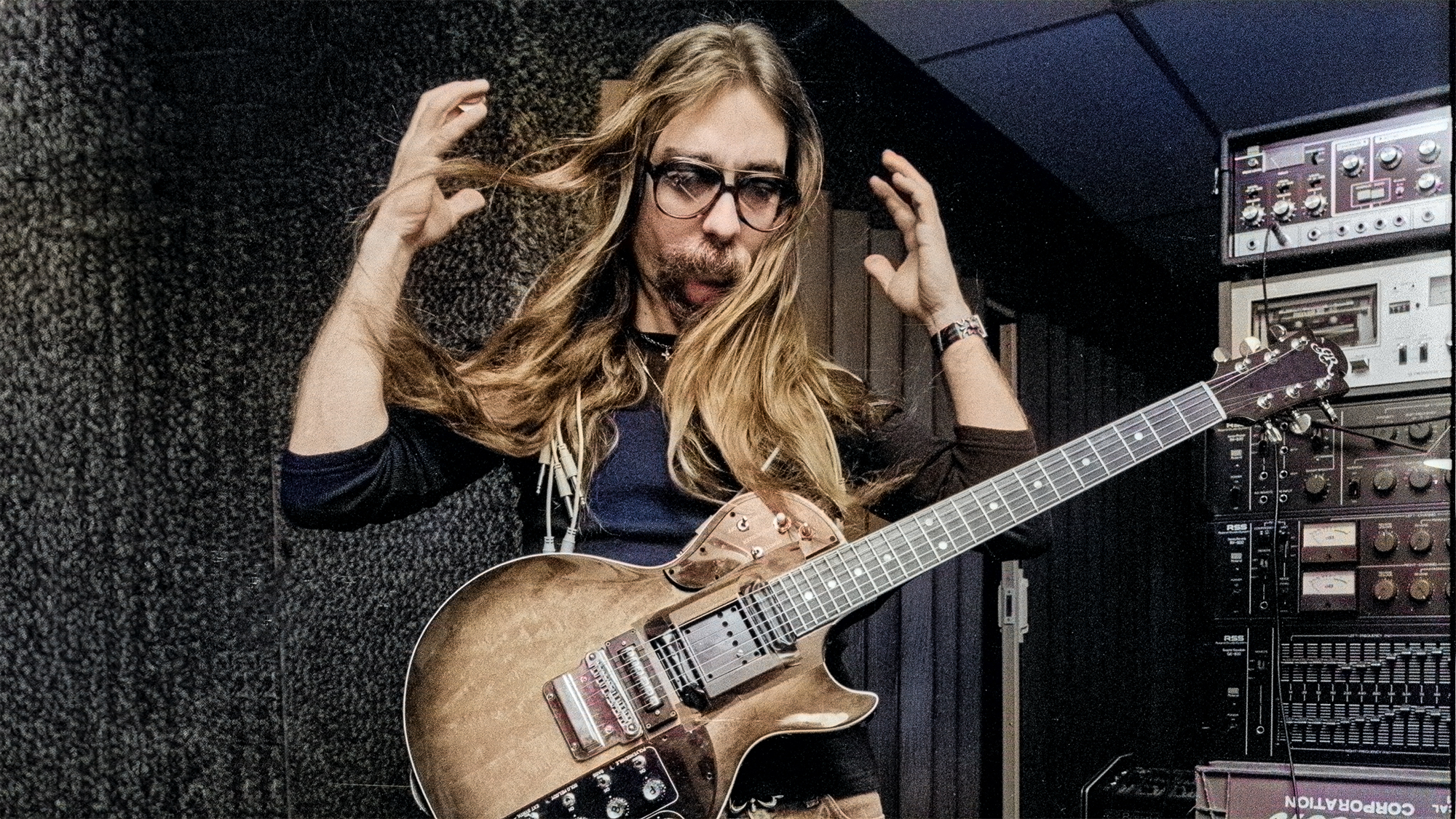“In the heat of the battle, all those tiny little peculiarities count, but there's one pedal that does a very good job of simulating my sound”: Brian May on the one pedal that has come close to nailing his sound
The pedal comes in at a mere $180 – but May adds that there is one thing it can’t do

Tone-chasers all over the world often find themselves gushing over what Brian May can coax out of his Red Special electric guitar and a Vox AC30 guitar amp.
While a high-end Gibson-made Red Special may be in the works, May has put forward a budget alternative for replicating his sound.
The combination of his Red Special, carved from an 18th-century fireplace with the help of his father, and a Vox AC30 is one of the most coveted and iconic in rock history, but replicating it like-for-like isn’t cheap.
In the era of digital modelers and amp-in-a-box pedal solutions, however, a raft of May-channeling products have hit the market, like Victory's V4 The Copper preamp.
Speaking in the new issue of Guitar World, the Queen guitarist has singled out the one that does the best job.
“I’ve tried modelers, and there are some very good ones now,” he relays. “There’s a great simulator, [The Catalinbread Galileo] – it’s a pedal that really does a very good job of simulating my sound.”
As one would expect from such a name, the Catalinbread Galileo is marketed on its May-like imitation. However, it isn’t a traditional amp-in-a-box pedal, rather it’s an overdrive pedal designed, with the help of May, to cram “his entire rig” into a standard-sized pedal.
All the latest guitar news, interviews, lessons, reviews, deals and more, direct to your inbox!
As Catalinbread says, May “never turns the treble booster off, accessing a wide range of tones simply by manipulating his volume knobs and pickup settings” which helps transform his rig into “a singular musical instrument.”
With this in mind, the Galileo can excel, encouraging users to dial in “jangly AC30 cleans” and “aggressive-yet-focused rhythm” tones via the volume control alone.
Priced at $180, it comes in at a fraction of the price of the real-deal, or the slew of digital modeling rigs currently available.

It's a recommendation that will no doubt have the boffins at Catalinbread will no doubt rub their hands with glee at this mention. But he adds that, away from his guitar, amp, and treble booster setup, a certain, tangible magic is lost.
“There’s nothing quite like the original when it comes down to it,” he believes. “In the heat of the battle, all those tiny little peculiarities count, and when I’m at top level and top volume, there’s nothing quite like those amps.
“They have a personality of their own, and I couldn’t swap it for anything. I wouldn’t like to be on stage with the amps someplace else.

“I need my amps to interact with my guitar – physically, in the air – and interact with me because I feel it in my body as well,” he concludes. “I don't think I could do the modeling thing live on stage.”
Last month, the sleuths at Guitar World helped identify the mystery Texan guitarist who inspired the tapping techniques he later employed on It’s Late, from 1977’s News of the World. This would, in turn, hugely influence Eddie Van Halen’s playing style.
A freelance writer with a penchant for music that gets weird, Phil is a regular contributor to Prog, Guitar World, and Total Guitar magazines and is especially keen on shining a light on unknown artists. Outside of the journalism realm, you can find him writing angular riffs in progressive metal band, Prognosis, in which he slings an 8-string Strandberg Boden Original, churning that low string through a variety of tunings. He's also a published author and is currently penning his debut novel which chucks fantasy, mythology and humanity into a great big melting pot.


